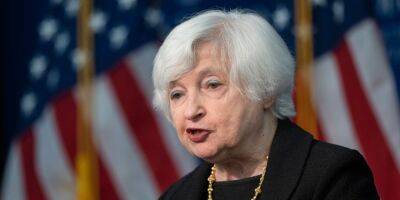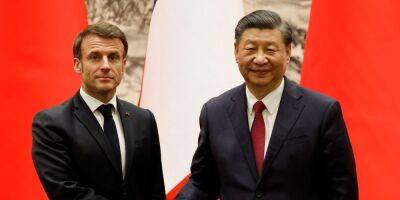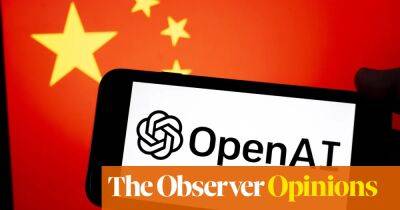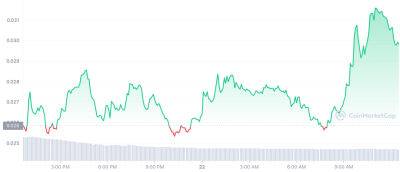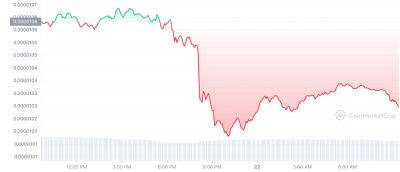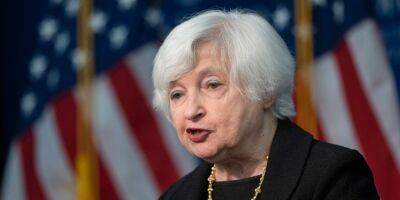Unsafe at the top: China’s anti-graft drive targets billionaires and bankers
A moment of pity for the uber-wealthy. According to the Hurun Global Rich List, China has more billionaires than any other country. But it is also the place in which the monied must watch their back.
On Friday, Fu Xiaodong, a former senior official at China Development Bank, was sentenced to 10 years in prison for accepting 4.3m yuan (£503,466) in bribes during his tenure between 2007 and 2020. Days earlier, the former director of the supreme people’s court enforcement bureau was sentenced to 12 years in prison for accepting bribes worth 22.74m yuan (£2.65m). Meng Xiao was found guilty of abusing his position for financial gain for more than a decade.
That an official whose influence could be bought has been flushed out of the system is ostensibly a win for due process. But last week’s conviction came on the back of a string of investigations launched by China’s anti-corruption watchdog, as Xi renews his drive to clean out and control officials in the Chinese Communist party (CCP) – and beyond. “Intense scrutiny” has become the “new normal” in China, says Yuen Yuen Ang, a professor at Johns Hopkins University and author of a book on corruption in Chinese politics. “The campaign extends beyond fighting graft and into enforcing ideological conformity with the party line.”
Since Xi came to power in 2012, one of his flagship policies has been his anti-corruption drive. Xi sees corruption as an existential threat to the CCP and has made no secret of wanting to root out “tigers” (senior corrupt officials) and “flies” (low-level cadres). In Xi’s first year in power, more than 180,000 officials were disciplined, compared with about 160,000 the year before. In the next decade, 3.7 million cadres were punished by the party’s
Read more on theguardian.com




